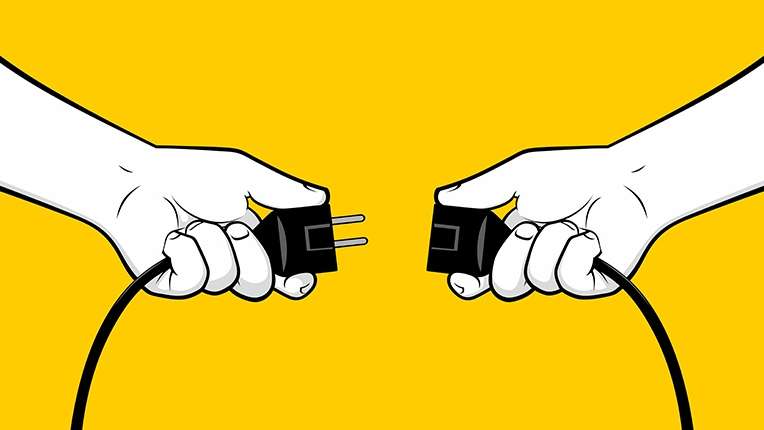News / 15.10.18
Will the EU electricity market protect Europeans from disconnection?

The EU has recognised access to energy as a human right. But whether it will enforce a disconnection safeguard remains to be seen, writes Guillaume Derivaux.
Guillaume Durivaux is Policy Officer for the Utilities sector at EPSU, the European Federation of Public Service Unions.
This opinion piece was originally published in Euractiv
Fifteen years after Europe’s deadliest heat wave of 2003, this summer’s record-breaking temperatures reopened big conversations on summer energy poverty. The debate took place in a context of rising energy prices and as statistics showed that 1 in 5 Europeans cannot afford to keep their home cool in the summer.
Awareness on energy poverty is increasing all over Europe. In Spain, the newly appointed minister for the ecological transition, Teresa Ribera, named the issue a priority after a record rise in energy prices, and has announced a national strategy to combat it. In the UK, caps on energy prices are being implemented under a conservative government. Romania recently identified energy poverty as a top priority.
 Brussels is no exception. Energy poverty was included in most of the legislative proposals of the 2030 EU Energy package, and last January, the European Energy Poverty Observatory was launched with the aim to “engender transformational change in knowledge about the extent of energy poverty in Europe, and innovative policies and practices to combat it”.
Brussels is no exception. Energy poverty was included in most of the legislative proposals of the 2030 EU Energy package, and last January, the European Energy Poverty Observatory was launched with the aim to “engender transformational change in knowledge about the extent of energy poverty in Europe, and innovative policies and practices to combat it”.
This increased recognition of energy poverty is positive. However, the majority of European Member States are still dragging their feet to act in new EU energy laws.
Access to energy is more and more widely recognised as a human right – whether in the SDGs or in the newer European Pillar of Social Rights. And rightly so: access to energy is a precondition to participation in society and a dignified life.
But rights cannot just be proclaimed, they must be defended and enforced. This is why EPSU, the European Federation of Public Service Unions, as part of the Right to Energy coalition, believes new EU legislation should include the provision of a minimum amount of energy for all, and ban disconnections, in a context where more and more Europeans are falling behind their utility bills and 7 million households receive disconnection notices yearly.
At the moment, proposals on the table only stipulate that Member States can choose to ban disconnections at “critical times” to protect vulnerable consumers. These periods are left undefined, further weakening this safeguard. Will heat waves be included in the scope of “critical times” for instance? These provisions fall short with regards to the scale of the challenge.
Ending energy poverty will require immediate support for households as well as structural measures in a liberalised energy market which has failed to tackle the issue. But Member States are failing in even the most basic steps of action.
The reticence to agree on a European definition of energy poverty is especially telling. The diversity of European contexts is instrumentalised by policy-makers to hinder progress when the causes of energy poverty are now well established: low incomes, high energy prices, inefficient homes. National action plans requiring Member States to set in motion to alleviate energy poverty have been put forth by the European Parliament, but Member States have fought them tooth and nail in the Governance regulation. Negotiations on electricity market rules is their last chance to do right by their citizens.
With Euroscepticism on the rise, many politicians increasingly understand the need for EU legislation to respond to immediate, daily concerns of people. Electricity market legislation is precisely one way to do so, as millions in Europe see their bills increase and live in inadequate homes.
Policymakers can no longer ignore the social dimension of energy legislation. Action on energy poverty is part of the Social Europe we are waiting for: how much longer must we wait?
More News

News / 26.02.25

